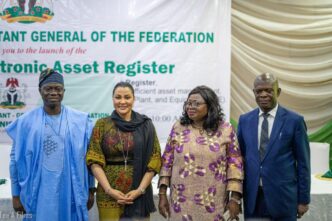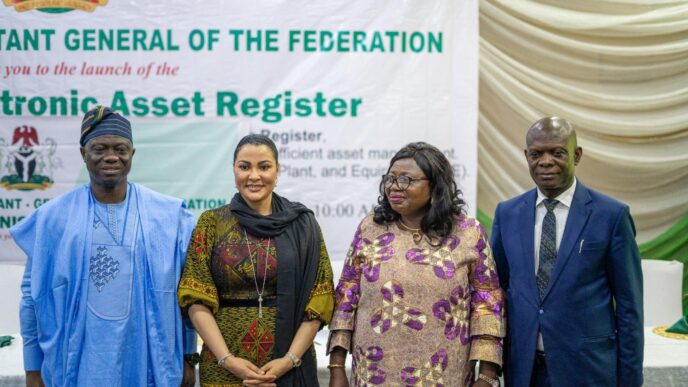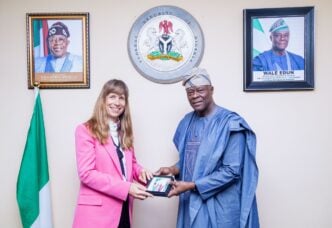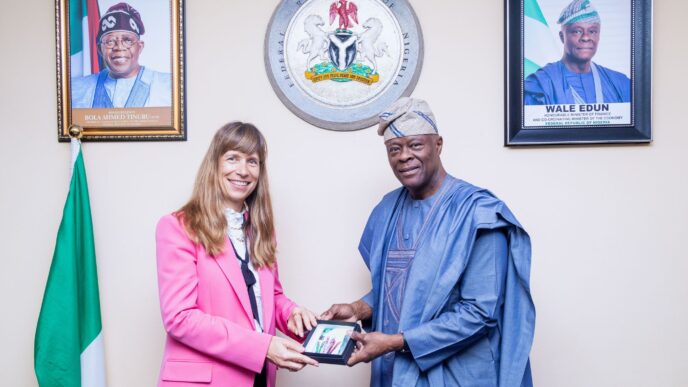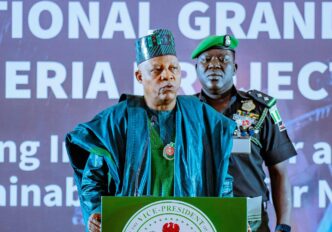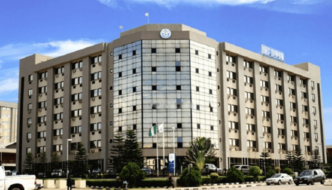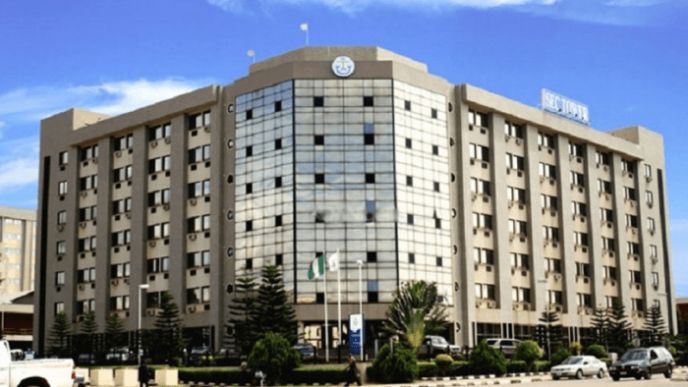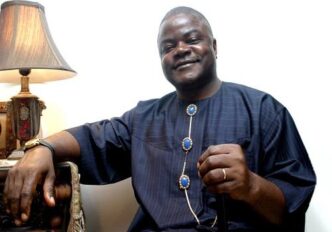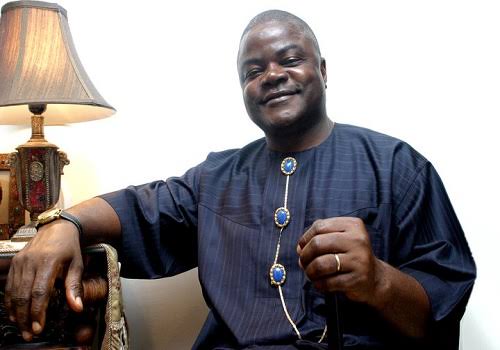Tech experts say there is a need for Africa to embrace artificial intelligence (AI) in an inclusive and ethical manner to accelerate economic growth.
They spoke during a recent panel discussion of The Toyin Falola Interviews series.
The event themed ‘AI and Africa’s Future,’ convened a panel of experts, including Ilesanmi Adesida, a scientist and academic administrator; Conrad Tucker, director of Carnegie Mellon University-Africa; John Kamara, an AI and data transformation expert; Omowunmi Sadik, professor and vice provost at the New Jersey Institute of Technology; Moses Asom, tech entrepreneur; and Fayé A. Briggs, founder of Afristec Inc.
Briggs warned against an excessive focus on developing Africa-specific large language models, similar to OpenAI’s ChatGPT. Instead, he advocated for leveraging existing AI tools and refining them with African datasets.
Advertisement
“We should not get too enamored and fixated by saying that Africa should develop its own language model like OpenAI’s ChatGPT or DeepSeek,” he said.
“Clearly, DeepSeek is an entirely open system that can be used. The question is, can we do some training with African datasets?”
Kamara restated the need for a fundamental revamp of Africa’s educational systems to fully harness AI.
Advertisement
She also spoke about the importance of infrastructure and data privacy regulations.
“We must change our educational system. We need to train our educators first — if they do not understand how to use AI tools, how can they breed the next generation of experts?” Kamara said.
“Many African countries have not yet fixed their data privacy laws and strategies. It is not enough to have policies; we need implementation frameworks.”
Adesida provided a historical context for AI, highlighting its origins and urging proactive engagement.
Advertisement
“AI is not new. What has brought AI to the forefront today is the tremendous increase in computational power,” he said.
He called on African governments to collaborate and invest in AI to prevent being left behind.
Tucker focused on the practical application of AI, and spoke about its role in resolving real-world challenges.
“AI accelerates the speed at which students acquire new skills,” he said.
Advertisement
“This is crucial so that Africa does not become just a consumer of AI technologies developed elsewhere.”
Sadik stated that AI has the potential to advance scientific research and promote gender inclusion in science, technology, engineering and mathematics (STEM).
Advertisement
The professor also noted the importance of addressing gender disparities in STEM fields.
Advertisement
Add a comment



